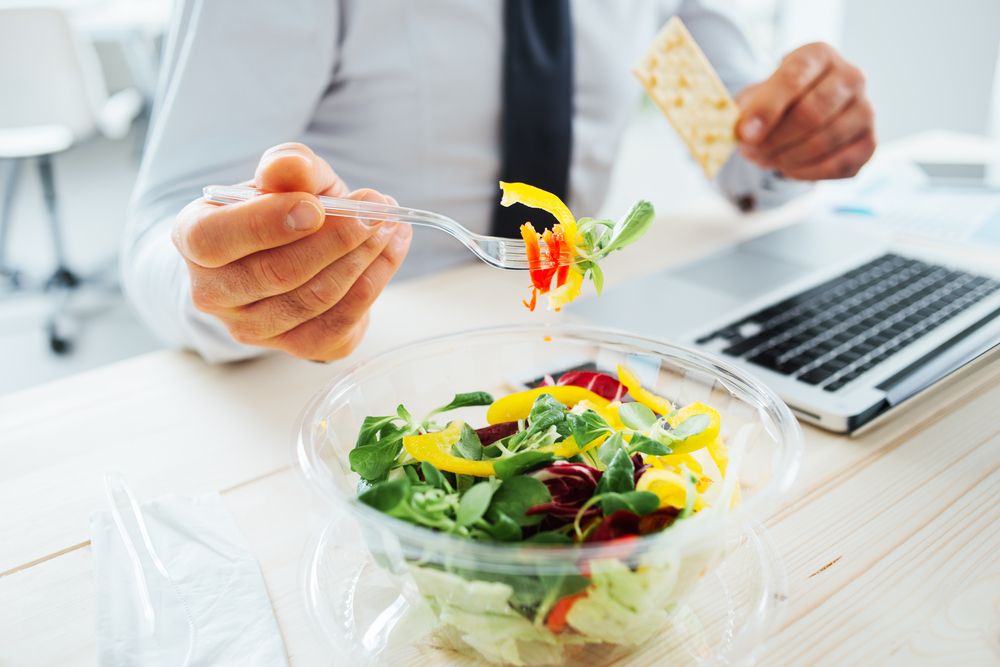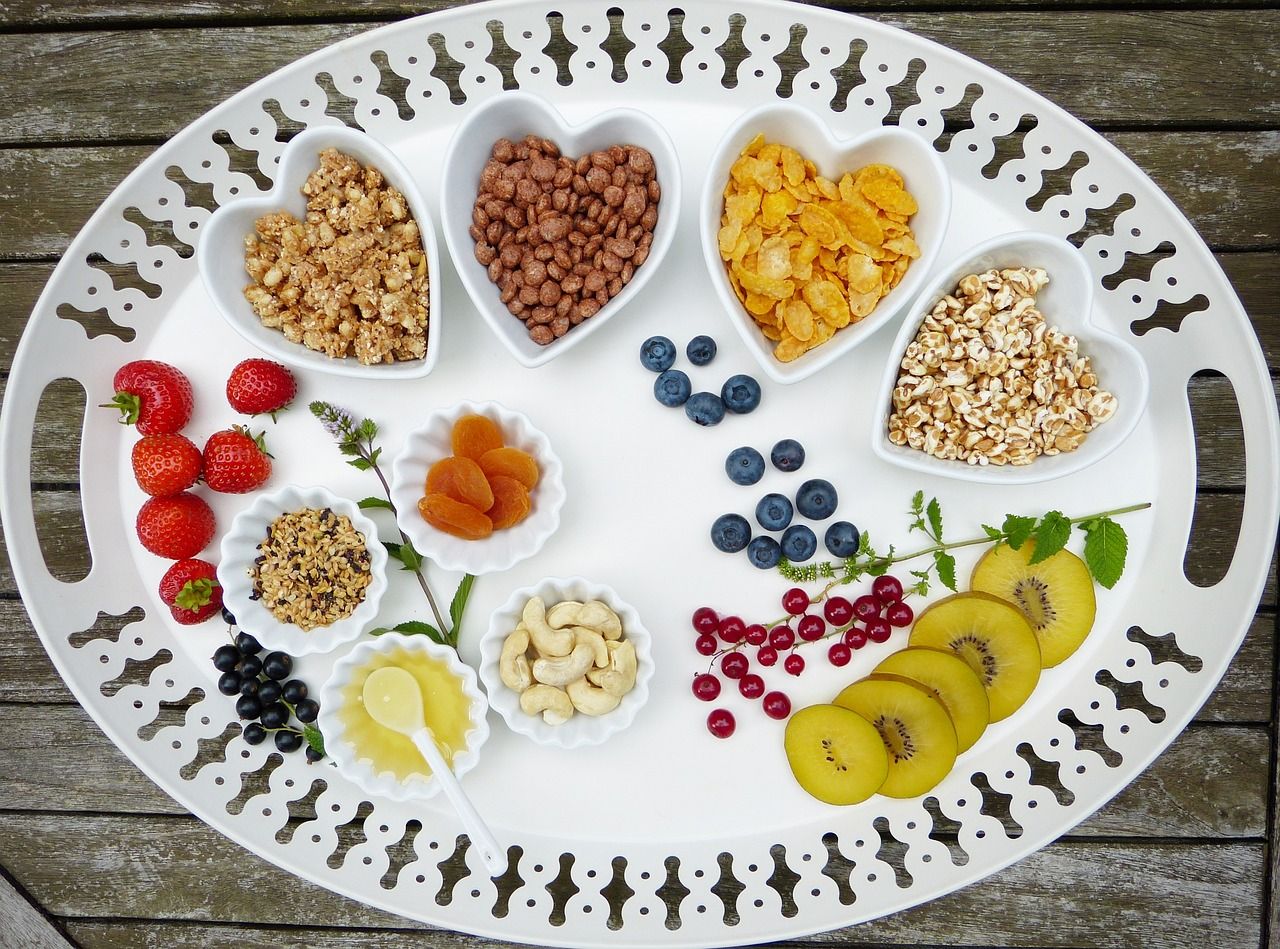
Eleven years ago, when I first pitched the idea of "salad as a complete meal", the response was almost universally the same: a polite smile followed by, "But Indians don't eat salads for lunch." Fast forward to today, and that same concept has not only found its footing but has sparked an entire movement that's reshaping India's relationship with food.
Shift from survival to optimisation
Back in 2014, the Indian food landscape was starkly different. Healthy eating was synonymous with home-cooked dal-chawal, and the market’s idea of “healthy fast food” began and ended with Subway. The very notion of salads as satisfying, full meals was met with scepticism. Indians ate for sustenance, for comfort, for celebration—but rarely for optimisation.
What we've witnessed over the past decade is nothing short of a cultural revolution. The conversation has evolved from "Will Indians eat salads?" to "How can we make healthy eating more accessible?" According to recent industry data, India's health and wellness food market is projected to reach $30 billion by 2026, growing at an unprecedented pace of 156% since 2021. But numbers only tell part of this story. The real transformation lies in the fundamental shift in how Indians now view food—from fuel for survival to fuel for performance.
The pandemic accelerated everything
The COVID-19 pandemic didn't just change how we worked or socialised; it fundamentally altered how we thought about our bodies and what we put into them. Suddenly, immunity wasn't just a buzzword—it was a daily concern. Turmeric shots, vitamin-rich vegetables, and plant-based proteins moved from niche health stores to neighbourhood grocery lists.
At Salad Days, we saw this shift in real-time. Customers who had never ordered a salad before were suddenly asking about the nutritional profile of every ingredient. The demand wasn't just for healthy food—it was for informed, conscious eating. People wanted to understand what they were consuming and why it mattered.

The new Indian health consumer
Today's health-conscious Indian consumer is remarkably sophisticated. They're not just buying products; they're buying into philosophies. They want transparency in sourcing, sustainability in practices, and authenticity in flavours. They'll research the carbon footprint of their meal choices and simultaneously demand that healthy food doesn't compromise on taste.
This demographic has created what I call the "wellness paradox"—they want global nutrition trends adapted to local palates, premium quality at accessible prices, and convenience without compromising freshness. It's a challenging set of expectations, but one that's driving incredible innovation across the food industry.
Technology meets traditional wisdom
Perhaps the most fascinating aspect of India's healthy eating evolution is how technology has democratised nutrition knowledge while simultaneously validating traditional wisdom. Apps track macros, social media educates about superfoods, and delivery platforms highlight calorie counts—yet consumers are also rediscovering ancient grains like millets and fermentation techniques passed down through generations.
The rise of "functional foods" reflects this perfectly. Ingredients like turmeric, ashwagandha, and moringa—staples in traditional Indian kitchens—are now being marketed as adaptogens and superfoods. It's not just about adopting Western health trends; it's about recognising the nutritional intelligence embedded in Indian food culture.
Regional nuances in a national movement
India's healthy eating journey isn't uniform across the country. Metro cities like Mumbai and Bangalore embrace international trends—quinoa bowls, keto-friendly options, and plant-based proteins. But Tier II cities are more selective, gravitating toward health solutions that align with local tastes and budgets.
The urban-rural divide is narrowing but remains significant. Rural consumers are increasingly health-conscious, driven by rising disposable incomes and digital connectivity, but their approach is more rooted in traditional foods and seasonal eating patterns.
What's next: 5 trends shaping the future
Hyper-personalisation: The future of healthy eating is deeply personal. DNA-based nutrition, AI-driven meal recommendations, and customised dietary plans based on individual health data will become mainstream. We're already seeing early adopters willing to pay premium prices for meals tailored to their specific nutritional needs.
Radical transparency: Consumers want to know everything—where their food comes from, how it's grown, who grows it, and what impact it has on the environment. Blockchain-enabled supply chains and farm-to-table traceability will become competitive advantages.
Climate-conscious eating: Sustainability is no longer optional. Plant-forward diets are gaining traction not just for health benefits but for environmental impact. Expect carbon footprint labelling on food products and a growing preference for locally sourced, seasonal ingredients.
Functional convenience: The line between food and medicine will continue to blur. Consumers want convenience without compromising nutrition—meals that are delivered fast, taste great, and provide specific health benefits. Fortified foods, targeted probiotics, and mood-enhancing ingredients will become standard.
Community-driven wellness: Healthy eating is becoming a social activity. Group meal planning, community-supported agriculture, and wellness-focused food experiences are gaining popularity. The future belongs to brands that can build communities around shared health goals.
The evolution of healthy eating in India represents more than a market opportunity—it's a fundamental shift in how we think about food, health, and lifestyle. We're witnessing the emergence of a generation that refuses to choose between taste and nutrition, convenience and quality, tradition and innovation.
Success in this space requires understanding that Indian consumers want solutions that honour their cultural food heritage while embracing global wellness trends. They want healthy eating to be accessible, enjoyable, and sustainable—not just another fad diet. The brands that will thrive are those that can navigate this complexity with authenticity, innovation, and genuine care for consumer well-being. In a country where food is deeply intertwined with culture, celebration, and identity, the healthy eating revolution isn't just changing what we eat—it's changing who we are.
(Varun Madan is Founder and CEO of Salad Days.)
Edited by Kanishk Singh
Original Article
(Disclaimer – This post is auto-fetched from publicly available RSS feeds. Original source: Yourstory. All rights belong to the respective publisher.)